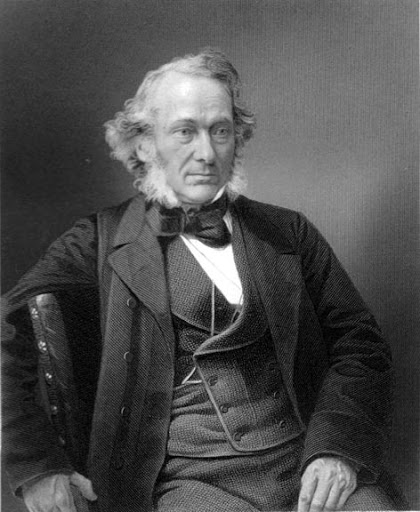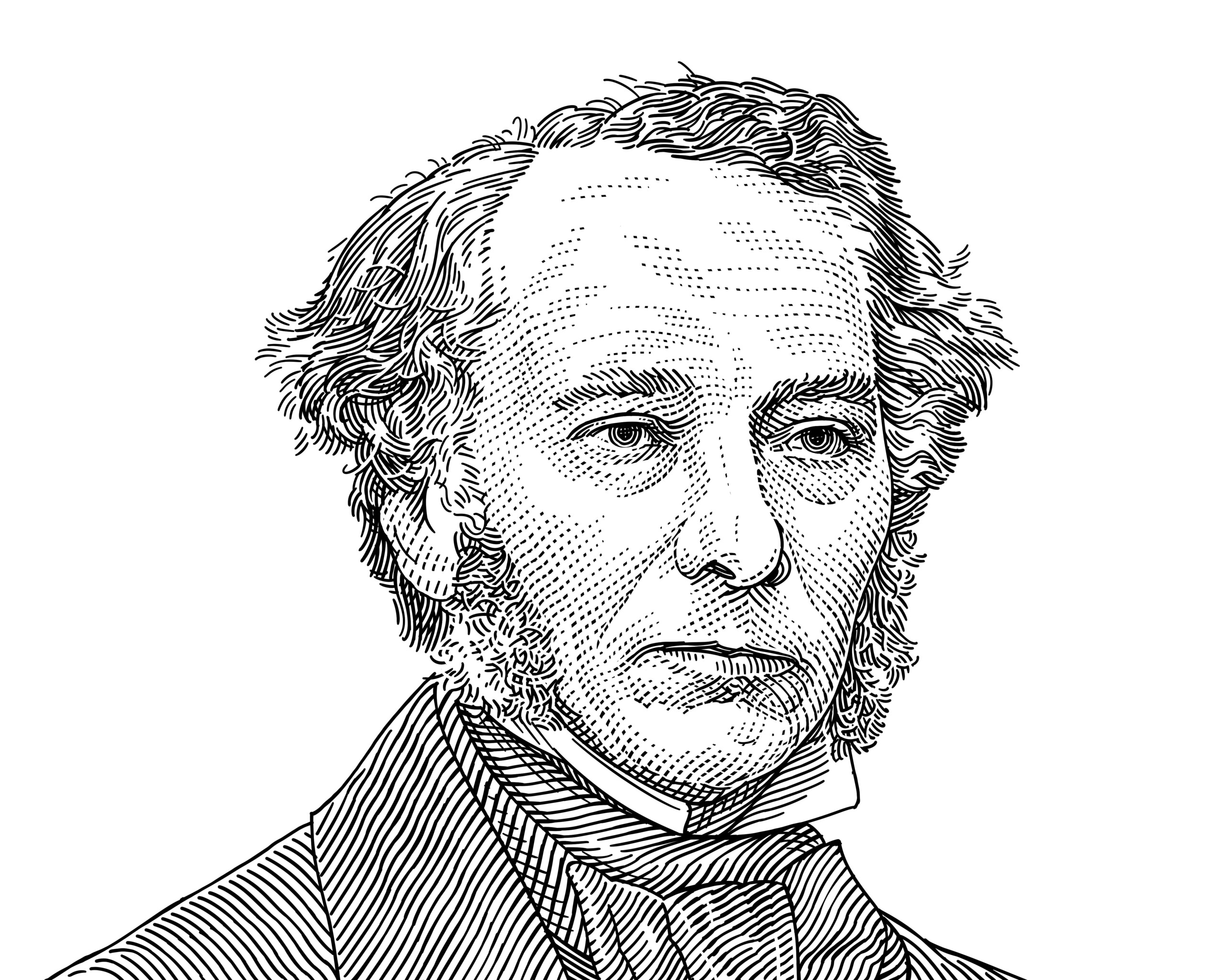Today marks the ninth installment in a series of articles by HumanProgress.org titled, Heroes of Progress. This bi-weekly column provides a short introduction to heroes who have made an extraordinary contribution to the wellbeing of humanity. You can find the 8th part of this series here.
Our ninth Hero of Progress is Richard Cobden, a 19th century British politician and textile manufacturer. Cobden’s work turned Britain, the global hegemon at the time, into a free trading nation – an act that set in motion global trade liberalization that has lifted millions of people out of poverty.
Richard Cobden was born June 3, 1804, in rural Sussex, England. He was the son of a poor farmer and spent his early years in abject poverty. Cobden received little formal education and, at the age of 14, he became a clerk in a textile factory. In 1828, Cobden and two other young men started a company selling calico prints in London. The business was an immediate success and within a few years he was living an affluent life in Manchester.
In 1833, the now-prosperous Cobden began travelling the world. He visited much of Europe, the United States, and the Middle East. While on his travels in 1835, Cobden wrote an influential pamphlet titled England, Ireland and America. In the pamphlet, he advocated for a new approach to foreign policy based on free-trade, peace and non-interventionism.
Cobden returned to England in 1839 to advocate for the repeal of the Corn Laws. Enacted in 1815, the Corn Laws were tariffs placed on imported food and grain into Britain. They kept grain prices artificially high to favor domestic producers. Cobden argued that these laws raised the price of food and the cost of living for the British public, and hampered the growth of other economic sectors.
In March 1839, Cobden created the Anti-Corn Law League – an organization advocating in favor of the repeal. Cobden, with the support of the talented orator John Bright, spoke to audiences across the country. He presented a petition to Parliament urging the end of protectionism. After it was rejected, Cobden realized that petitions would achieve little. It was direct political action that was needed.
In 1841, Cobden became a Member of Parliament for Stockport. The economic hardship associated with the recession that lasted from 1840 to 1842 pushed more people in favor of free trade and Corn Laws were eventually repealed in 1846.
Prime Minister Robert Peel acknowledged Cobden as the man responsible for enabling those who lived in extreme poverty to access cheaper foodstuffs from abroad. Moreover, the repeal of the Corn Laws forced many of Britain’s colonies to embrace free trade.
In 1859, with tensions between Britain and France high, Michel Chevalier, a French statesman, urged Cobden to persuade the French Emperor Napoleon III about the benefits of free-trade. Cobden, with the blessing of the Chancellor of the Exchequer William Gladstone, met with the Emperor to discuss a potential Anglo-French free trade deal.

The Emperor was receptive to Cobden’s arguments and, on January 23, 1860, Britain and France signed the Cobden-Chevalier Treaty. Princeton University economist Gene Grossman described the treaty as the “first modern trade agreement.” Cobden died in London on April 2, 1865.
Repeal of the Corn Laws marked a fundamental shift of the British Empire toward free-trade. That policy alleviated hunger and suffering of millions of people, and set a precedent for free-trade treaties to follow. Cobden’s influence on the creation of the Cobden-Chevalier treaty laid the foundation for modern trade agreements that continue to shape and enrich the world today. It is for these reasons that Richard Cobden is our 9th Hero of Progress.

